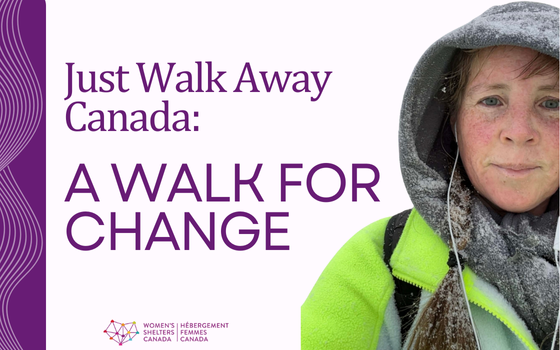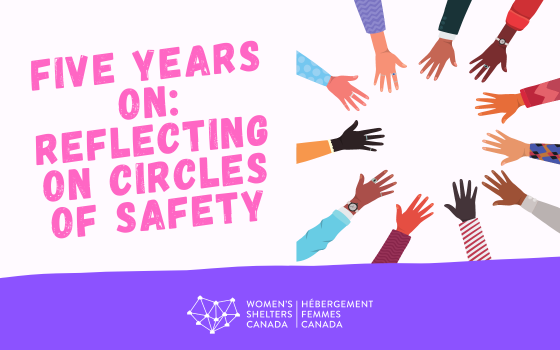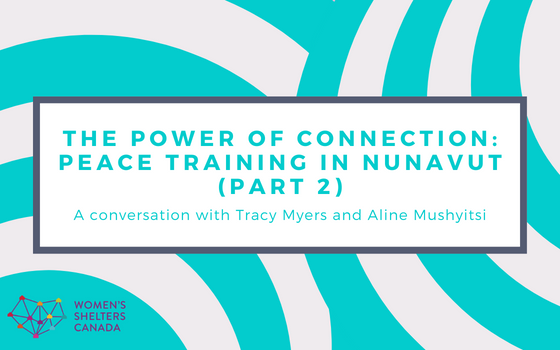On March 30, 2023, the Mass Casualty Commission released its final report from its inquiry into the mass shootings in April 2020 in Portapique, Nova Scotia. Within its more than 3,000 pages and 130 recommendations were 17 recommendations specific to gender-based violence.
We hope this is the last time these kinds of recommendations need to be made.
These recommendations include things that have been recommended by previous inquiries and advocated for by the gender-based violence (GBV) sector for decades. Sustainable funding for women’s shelters and other services. Recognizing GBV as an epidemic. Better understanding of intimate partner violence by police and the justice system. Revoking firearms licenses for people convicted of domestic violence.
Similar recommendations were made by the Renfrew Inquest less than two months before. Led by WSC, a group of 40 GBV experts from across the country made similar recommendations two years earlier in its Report to Guide the Implementation of a National Action Plan on Violence Against Women and Gender-Based Violence.
As WSC’s director of communications, development, and grants, Kaitlin Geiger-Bardswich, told the Commission in August last year: We don’t need more recommendations. We need action.
When will we see that action?
We’ve been advocating for a National Action Plan for over 10 years. While a plan was announced last year, it is not yet active as no individual agreement between the provinces/territories and the federal government have been signed. We continue to advocate for a strong federal strategy on GBV. To date, the federal government has yet to share its plans to implement the MCC’s recommendations under its jurisdiction.
And the life-saving influx of federal funding to women’s shelters and other GBV services during the COVID-19 pandemic is ending in three months, despite the sector’s concerns about what they’re going to do next.
The Commission’s report called for “epidemic-level funding.” Women’s shelters, transition houses, and other GBV services must be funded at an epidemic level until GBV rates are no longer at epidemic levels.
Will all governments work together to implement these recommendations so that we don’t find ourselves here again in two, twelve, or twenty years, having learned nothing? Or, will this be the set of recommendations that finally inspires action, preventing future mass casualties and acts of domestic violence across the country?
We certainly hope so. And we will continue to advocate to make it so.
This is the fourth and final blog post in our series about the Mass Casualty Commission. See the other blogs here: Part 1, Part 2, and Part 3.




